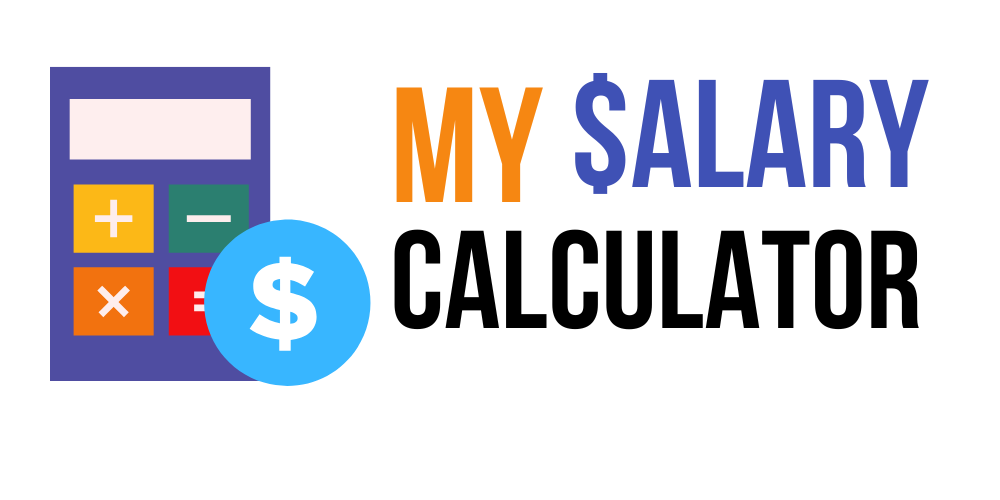In the dynamic and ever-evolving healthcare sector in Australia, the role of a Health Program Manager is not only crucial but also highly rewarding, both in terms of personal fulfillment and financial compensation. With an average salary that can exceed $150,000 per year, this position is one of the most lucrative in the health management field.
Salary Breakdown
The salary for a Health Program Manager in Australia varies significantly based on the level of experience.
Experience Level |
Annual Salary |
Monthly Salary |
Hourly Salary |
|---|---|---|---|
Entry-level |
$113,209 – $131,960 |
$9,433 – $11,000 |
$55 – $65 |
Mid-level |
$124,974 – $151,813 |
$10,414 – $12,651 |
$60 – $75 |
Senior-level |
$151,813 – $178,750 |
$12,651 – $14,896 |
$75 – $90 |
These figures are estimates and can vary depending on the specific employer, location, and other factors.
Regional Differences
Salaries for Health Program Managers can differ significantly across various regions in Australia due to factors such as cost of living, demand, and local economic conditions.
| State | Average Annual Salary |
|---|---|
| New South Wales | $130,000 – $160,000 |
| Victoria | $125,000 – $155,000 |
| South Australia | $120,000 – $150,000 |
| Queensland | $115,000 – $145,000 |
| Western Australia | $125,000 – $155,000 |
These regional variations highlight the importance of considering location when evaluating salary offers.
Disclaimer
The salary values provided are estimates from reputable sources and may vary depending on factors such as employer, market conditions, and individual experience.
How to Become a Health Program Manager in Australia
To become a Health Program Manager in Australia, you typically need:
- Educational Background: A Bachelor’s degree in Health Science, Business Administration, or a related field. Advanced degrees such as a Master’s in Health Administration or Public Health can be highly advantageous.
- Certifications and Qualifications: Eligibility for membership in professional organizations like the Health Information Management Association of Australia (HIMAA) can be beneficial. Some roles may also require specific certifications related to health management or project management.
- Training and Experience: Significant experience in health management, project management, or a related field is crucial. Many Health Program Managers start their careers in lower-level management roles and work their way up.
- Alternative Pathways: Online courses and industry-specific programs can provide non-traditional routes into the role. For example, courses in project management, health informatics, or leadership can be valuable.
Key Factors Impacting Income
Several factors influence the salary of a Health Program Manager:
- Working Conditions: The complexity of the role, the size of the organization, and the specific health sector (e.g., acute care, aged care) can impact salary levels.
- Industry Demand: High demand for skilled health managers, particularly in areas with significant health needs, can drive up salaries.
- Skill Shortages: Shortages in specific skills such as health informatics or project management can lead to higher salaries for those with these skills.
- Educational Background: Advanced degrees and specialized certifications can significantly increase earning potential.
Future Job Scope
The future outlook for Health Program Managers in Australia is promising:
- Expected Growth: The healthcare sector is expected to grow, driven by an aging population and increased healthcare needs. This growth will likely lead to an increased demand for skilled health managers.
- Industry Trends: The integration of technology in healthcare, such as health informatics and telehealth, will create new opportunities and challenges for Health Program Managers.
- Emerging Opportunities: There will be a greater focus on preventive care, community health services, and mental health, all of which will require skilled program managers to oversee and implement these initiatives.
In conclusion, the role of a Health Program Manager in Australia offers a rewarding career with substantial financial benefits. Understanding the salary breakdown, regional differences, and the factors that influence income can help aspiring health managers make informed decisions about their career paths.
